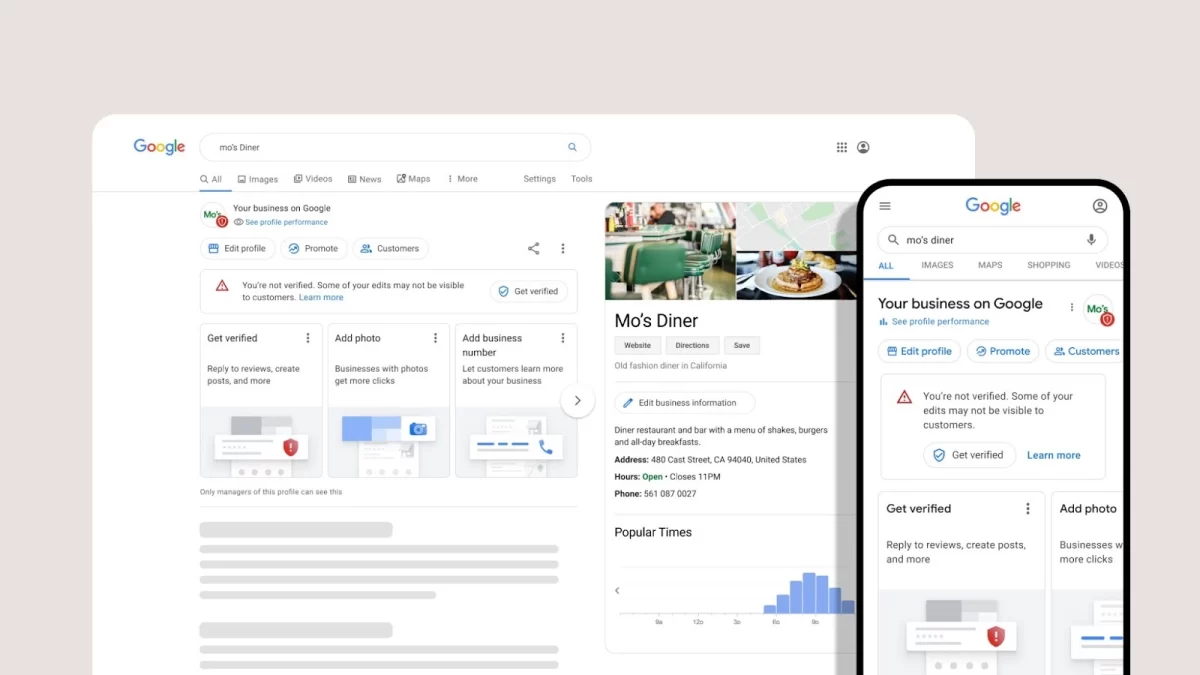In the competitive digital marketing landscape, small businesses need to leverage local SEO to stand out and attract customers from their local area. Local SEO focuses on optimizing your online presence to rank higher in local search results, driving more relevant traffic to your business. This blog post outlines key strategies to improve your SEO and enhance visibility in local search results.
Optimize Your Google My Business Listing

Claim and Verify Your Listing
- Claim Your Listing: First, claim your Google My Business (GMB) listing. This free tool allows you to manage your business’s appearance on Google Search and Maps.
- Verification: Follow Google’s verification process to confirm your business is legitimate. This often involves receiving a postcard from Google with a verification code.
Complete Your Profile
- Business Information: Ensure your business name, address, and phone number (NAP) are accurate and consistent with other online listings.
- Categories: Choose relevant business categories that best describe your services or products.
- Photos: Upload high-quality images of your business, including the exterior, interior, staff, and products or services.
Encourage Customer Reviews
- Request Reviews: Encourage satisfied customers to leave positive reviews on your GMB listing. Reviews enhance your credibility and influence local search rankings.
- Respond to Reviews: Engage with customers by responding to positive and negative reviews. This shows that you value customer feedback and helps build trust.
Build Local Citations
Submit to Local Directories
- Local Listings: Submit your business information to local directories such as Yelp, Yellow Pages, and local chamber of commerce websites. Ensure that your NAP details are consistent across all directories.
Leverage Niche Directories
- Industry-Specific Listings: Identify and submit your business to industry-specific directories relevant to your niche. This will help you target a more specific audience and improve your local search visibility.
Optimize Your Website for Local Search
Local Keywords
- Keyword Research: Use keyword research tools to identify local keywords relevant to your business. Include these keywords in your website’s content, meta tags, and headings.
On-Page SEO
- Title Tags and Meta Descriptions: Optimize your title tags and meta descriptions with local keywords. Ensure they are compelling and encourage clicks.
- Local Content: Create content relevant to your local audience, such as blog posts about local events or news.
Mobile Optimization
- Responsive Design: Ensure your website is mobile-friendly and responsive. Many local searches are conducted on mobile devices, and a seamless mobile experience can improve your rankings.
Build Local Links
Local Partnerships
- Collaborate with Local Businesses: Partner with other local businesses or organizations for events, sponsorships, or cross-promotions. These collaborations can result in valuable local backlinks to your website.
Local Media Coverage
- Press Releases: Share newsworthy updates about your business with local media outlets. Earned media coverage and backlinks from local news sites can boost your local SEO efforts.
Track and Analyze Your Results
Use Google Analytics
- Monitor Performance: Track your website’s performance using Google Analytics. Analyze metrics such as traffic sources, user behavior, and conversion rates to measure the effectiveness of your local SEO strategies.
Google Search Console
- Monitor Search Queries: Use Google Search Console to monitor the search queries driving traffic to your website. Identify opportunities to optimize for additional local keywords and improve your rankings.
Effective local SEO strategies can significantly enhance your small business’s online presence and attract more local customers. By optimizing your Google My Business listing, building local citations, and creating locally relevant content, you can improve your search engine rankings and drive more traffic to your business. Remember, local SEO is an ongoing process that requires regular monitoring and adjustments to stay ahead of the competition.







